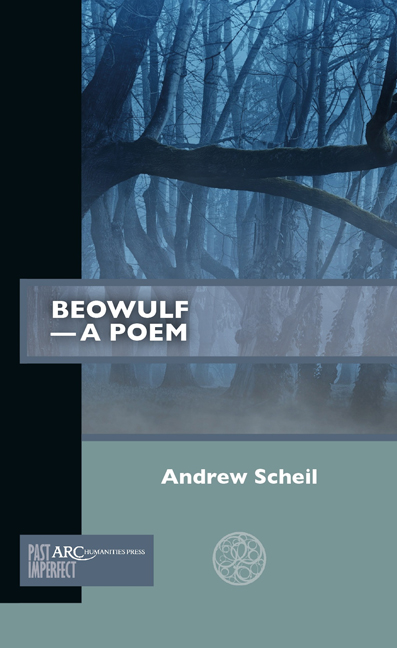Summary
Now, perhaps more than ever, I read to find solace and meaning. And so, in the search for some shelter from “the wrackful siege of battering days,” I submit Beowulf. My purpose here is simple: I want you to love Beowulf. I want you to find it as moving and significant as I do. For those who have not read the poem, this small book will serve as an invitation and introduction. For those who have read the poem, but found little of interest, this is a plea to reconsider. For those who already know and love the poem, I hope this short study will further deepen that pleasure.
Why should you bother to read Beowulf? This is not a flip¬pant question. Life is brief and there are far too many good books to read in a lifetime, not to mention other pressing pleasures and responsibilities. What can reading Beowulf possibly offer? My answer: you should read Beowulf because it is a deeply humanist work; that is, Beowulf is a work of art that searches out, and attempts to address, the most fundamental question: what does it means to be human—medieval or modern—in this world around us? If reading is to be more than simple diversion, then for what other reason should we read, if not to be inspired and transformed and to test our sense of life's capacities? Beowulf needs to be championed as a moving literary experience; we need to understand (or be reminded) why Seamus Heaney called the poem a “work of the greatest imaginative vitality,” a “work of art [that] lives in its own continuous present, equal to our knowledge of reality in the present time,” a poem with an honoured “place in world art.”
Beowulf has been one of my companions for a long time. I’m quite sure my first introduction to it was sometime in the mid-1970s, when I was about ten years old, in the short but potent adaptation for children by Anne Terry White in The Golden Treasury of Myths and Legends (enhanced by the wonderful illustrations of Alice and Martin Provensen).
- Type
- Chapter
- Information
- Beowulf—A Poem , pp. 3 - 18Publisher: Amsterdam University PressPrint publication year: 2022



